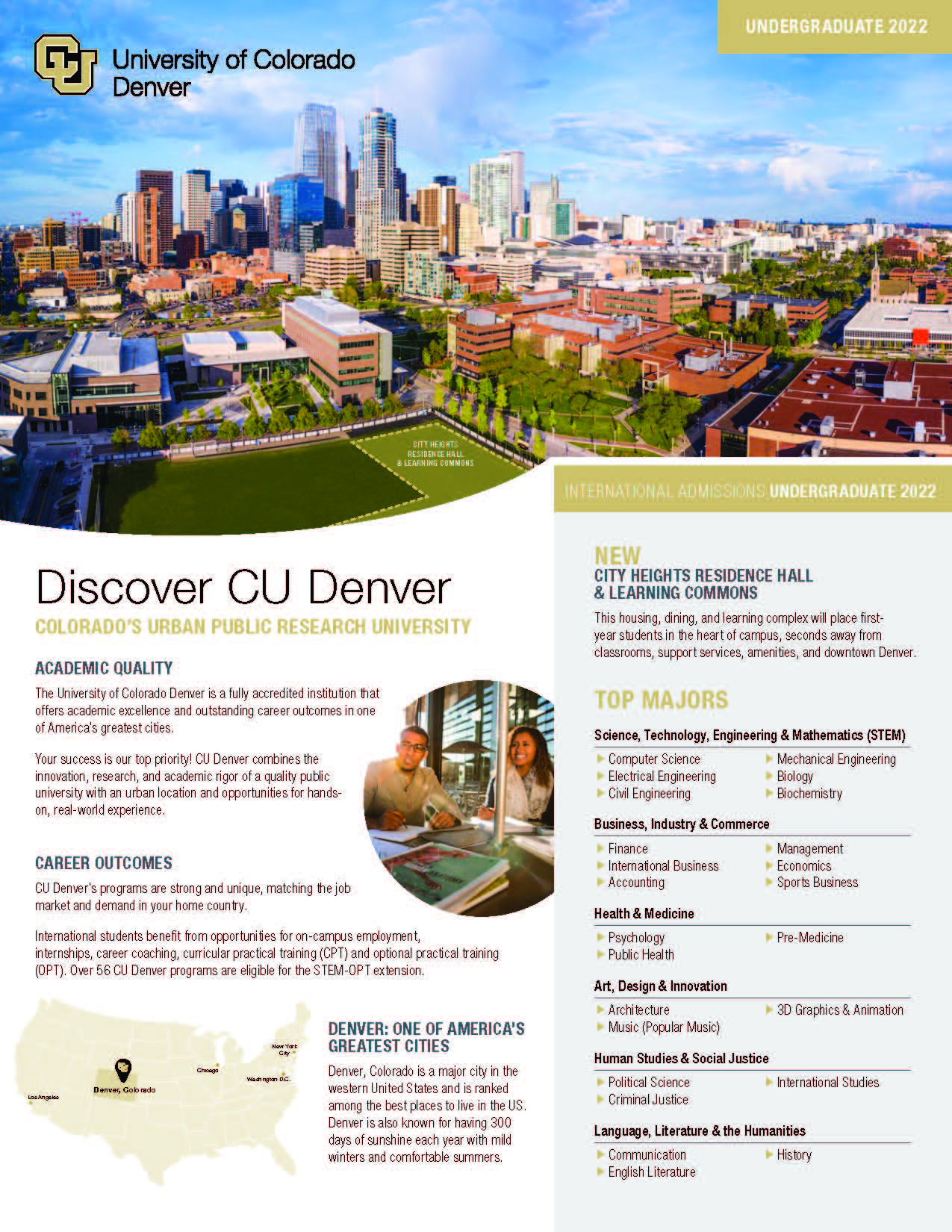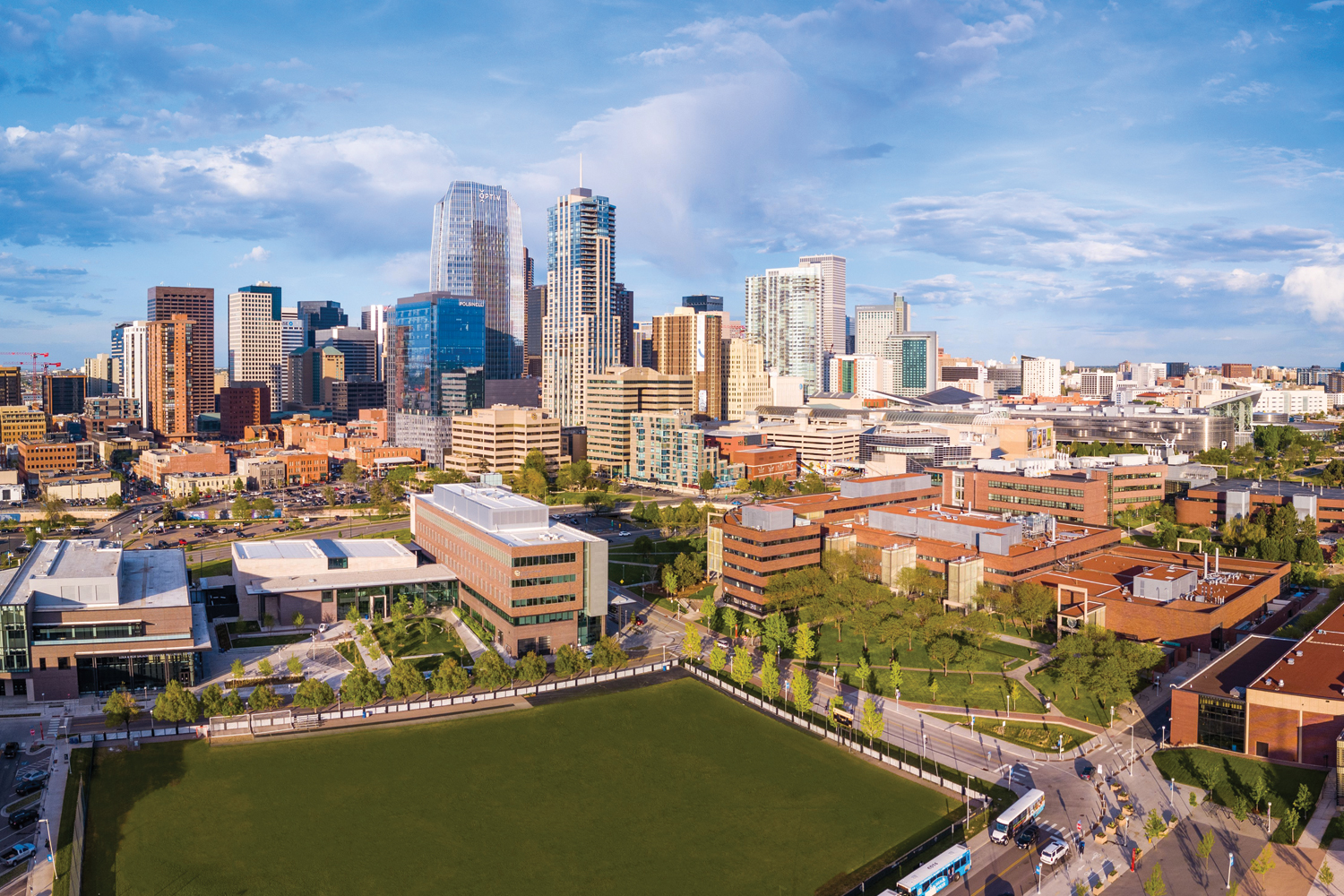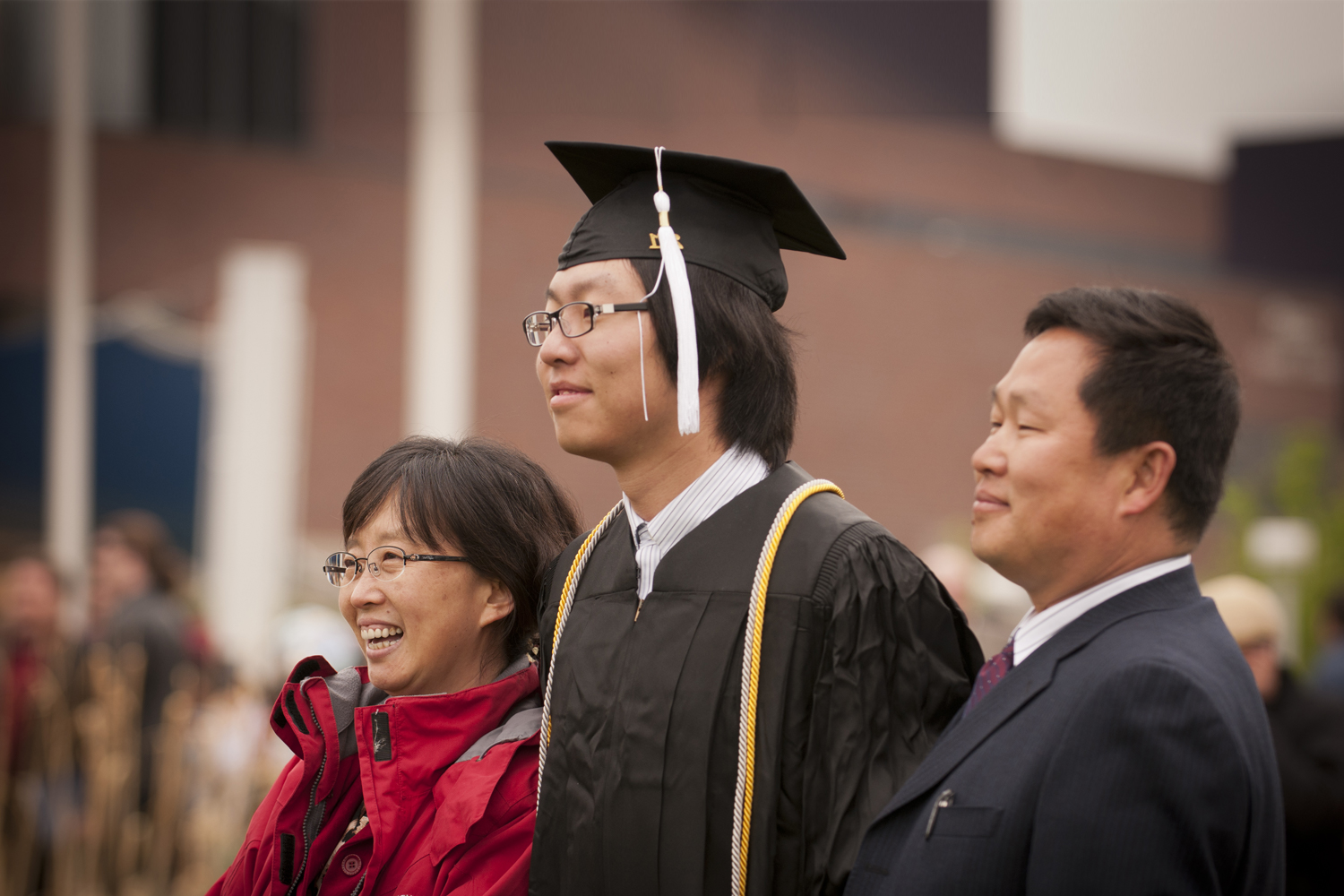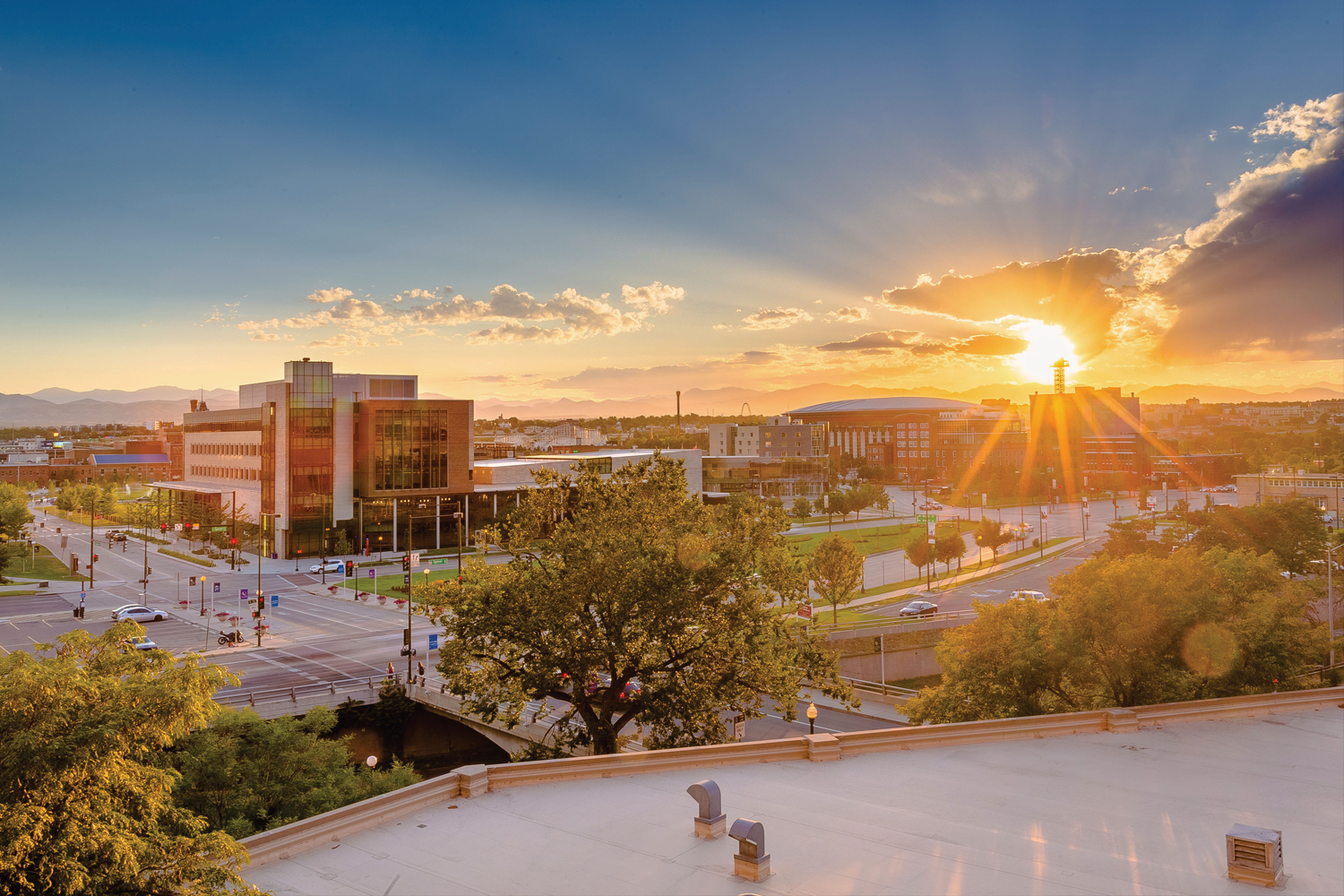Ich Bin Ein Berliner: “I Am A Berliner”
CU Denver Students Study Sustainability in Germany
Dec 8, 2014
The year 2014 marks the 25th anniversary of the fall of the Berlin Wall, and nine fortunate University of Colorado Denver students were able to experience this historic event in person. The students are enrolled in the inaugural semester of the University of Colorado Denver’s Sustainability in Berlin study abroad program, which is organized in partnership with the Ecologic Institute. This innovative program provides students with the opportunity to study and research environmental issues while earning CU Denver credit hours and participating in local internships.
“The program is one that educates widely and deeply,” says Kayla Gabehart, a history and psychology double major. She thinks that the program has surpassed expectations in offering outstanding academics and practical experience in a global capital of sustainability. “Of course there is a wealth of education regarding sustainability, but [the program] also encompasses cultural immersion in a city filled with history,” Gabehart explains.
Courses at the Ecologic Institute do not follow the typical lecture hall format – and students are enjoying the break from the norm. Classes are small, discussion-based, and interactive, and feature presentations by guest speakers experienced in the field of sustainability. The intimate and engaging nature of the courses allow students to explore issues in depth, exchange ideas, and develop solutions.

A piece of the Berlin Wall in Potsdamer Platz commemorating both the Wall that once was and the peaceful protest that brought it down.
Mikhail Lantsov, a Psychology and International Studies double-major, states, “I like the small group aspect because we can have better discussions and everyone can get their opinion in.” Gabehart adds that she has “really enjoyed the experts that have come to present in our classes. I have learned about sustainability from so many different professional perspectives.” Additionally, participants will complete a research project on a topic of personal interest. For example, Lisa Tran, who is studying international studies and sustainability, is focusing her project on air pollution policy in Germany, assessing current efforts and suggesting future solutions.
The internship component of the program offers invaluable real-life experience in the field of sustainability. Students have been connected with organizations such as The Nature Conservancy and the World Wildlife Fund. For Lantsov, the internship has been the most beneficial aspect of the program. He works at the Expert Council for Migration and Integration, on projects such as compilation of survey results in statistical programs and research on migration issues in Germany. “It gives me hands on experience in a field I may end up working in down the line,” explained Lansov.
Chantelle Wilkerson agrees, stating that, “the internship is the most helpful and amazing aspect of the program.” She has been paired with an internship at The Nature Conservancy, working on researching country profiles. Recently, Wilkerson was tasked with researching a country profile on France to assist the Nature Conservancy with discussions at the 2015 United Nations Climate Change Conference in Paris. “It’s really a huge deal for me,” says Wilkerson, adding that, “I feel like the work I’m doing is worthwhile and important.”
While Gabehart has learned a great deal from her “enlightening and helpful” classes and internship, she remarks that, “simply living [in Berlin] has been very beneficial for all aspects of my life, academic, professional, and personal.” The program allows students to experience sustainability in action. For them, the entire city of Berlin is a classroom, offering valuable lessons in sustainable practices, as well as in history and language.
“It is absolutely no problem not having a car here,” says Wilkerson, describing how she can easily go anywhere in the city on the “U-bahn” metro, trains or buses. “I can even easily go to other countries using only public transportation.”
A typical day in Berlin for these students involves taking the tram or U-bahn to their internship, dining somewhere in the city, then heading to classes at the Ecologic Institute. During their free time, students catch up on reading, work on their research projects, or do some sight-seeing in the city. “Every day is full and rewarding,” says Gabehart.
The students are adapting to any lingual and cultural barriers of life in Berlin. All stores are closed on Sundays, drinking water is not free, the work day doesn’t start until 10 am, and customer service takes a different approach. The language barrier can pose a challenge, but students are quickly learning the basics.
Each day, the challenges get easier as students learn more from their classes, internships, and the experience of living in Berlin. “I am succeeding at living in a completely different culture,” concludes Gabehart, adding, “I truly feel like I am thriving here!”
LEARN MORE
For more information about Global Education: Study Abroad programs, visit: ucdenver.edu/studyabroad
By Emma Sletteland






